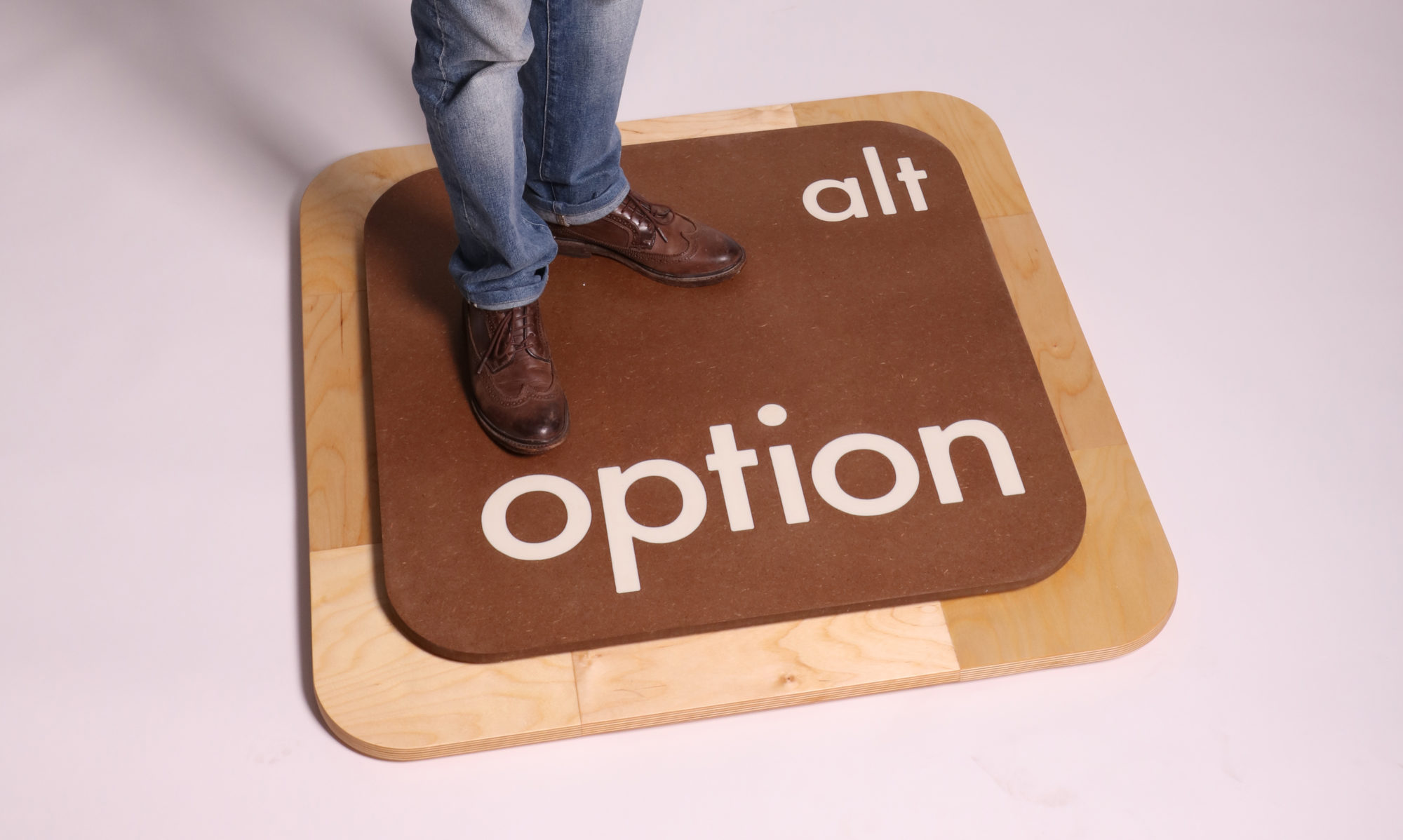- Question Set 1
- What Mechanics would you like to use for a game with a theme that revolves around being the size of a nanometer? Everything should be in nanometers – be in tiny moves since you are so infinitely tiny
- Who are you making games for? other people
- Who will be your play testers outside of class? Probably my family or the friends/classmates I see most of the time
- Question Set 2
- Can you think of a game you were able to play without referring to the rules? Yes, Uno is the first game I would think of, it pretty much is born into me I’ve played it so much, I have no memory of ever reading or being explained the rules
- How do you define what a game is? Something fun that has no real purpose in life other than to entertain really and make you problem solve and learn new ways to do stuff
- What features can make your games more intuitive? Make the theme relatable and not super niche, don’t make the player have to do a lot on each turn so it’s not too confusing
- Question Set 3
- What was your gateway game? What do you play to introduce others to gaming? I’d Solitaire was my first game I remember seeing or perhaps Old Maid, but I think there are several categories to games and each one would have a gateway game (like card games versus board games versus videogames); I usually would play Uno with someone or Dirty Bridge, for videogames, I think Minecraft is a great gateway videogame
- What features do gateway games share? Easy gameplay, engaging and simple
- What are the 10 beautiful mechanics and what should you aim for with your own? Well in our text they are 10 different games and the “beautiful ways” in which they make the games not feel like mechanics but as simply an experience. I’m not gonna type them all out cuz they sound weird and cuz they’re on pages 56-60 – but the way we should aim for our mechanics is to strive higher than these mechanics and make it even smoother.
- How does luck and strategy factor in to game play? Depends on the game but both are quite involved in all gameplay

design courses, syllabi, schedules, resources and policies